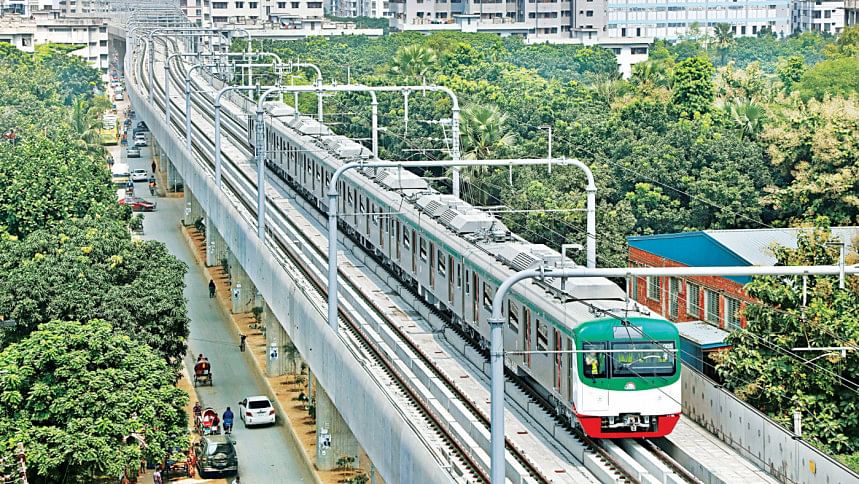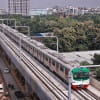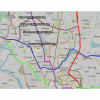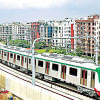Can the MRT be a game-changer for Dhaka?

Dhaka, the capital city of Bangladesh, has long been known for its chaotic and congested streets, making it one of the most challenging cities in the world to navigate. The city's public transport system has struggled to keep up with the growing population, leading to a lack of efficient and reliable options for commuters. However, all of this is set to shift, for better or for worse, with the introduction of the Dhaka Metro Rail, a revolutionary new system that is poised to transform the way people travel in the city. But can the project achieve what it aims? Let us look at where things stand.
One of the main benefits of the Dhaka Metro Rail is its sheer speed and efficiency. The trains will be able to reach speeds of up to 100 km/h, making them significantly faster than traditional buses and rickshaws. This will allow commuters to get to their destinations much faster, reducing travel times and making it a more appealing option for those who are short on time.
In addition to speed, the Dhaka Metro Rail will also offer a much more comfortable and convenient experience for commuters. The trains will be air-conditioned, providing a welcome respite from the sweltering heat and humidity that can be a feature of life in Dhaka. They will also be equipped with modern amenities such as Wi-Fi, making it easier for people to stay connected while on the move.
Another major advantage of the Dhaka Metro Rail is its capacity. The trains will be able to ferry up to 60,000 passengers per hour, significantly more than traditional modes of transport. This will help to reduce the number of vehicles on the roads, leading to fewer traffic jams and more efficient use of space.
The Dhaka Metro Rail will also be more environmentally friendly than other modes of transport. The trains will run on electricity, meaning they will emit no greenhouse gases or other harmful pollutants. This will help to improve air quality in the city and contribute to the overall sustainability of the transport system.
However, there is always concern about the lack of infrastructure in Dhaka to support the metro rail. The city of Dhaka is already heavily congested, and there are concerns that the metro rail lines could lead to further disruption and congestion as many of the key stations are not properly planned, as experts have pointed out over the years. Only time will tell if these concerns hold or not.
Nonetheless, the Dhaka Metro Rail is set to change the city's public transport system for good. It will provide a fast, comfortable, and convenient option for commuters, helping to alleviate some of the challenges faced by those who rely on public transport to get around. But concerns also loom large over efficiency. However, with the potential to improve travel times, reduce traffic congestion, and benefit the environment, the Dhaka Metro Rail is sure to be a welcome addition to the city of never-ending traffic.

 For all latest news, follow The Daily Star's Google News channel.
For all latest news, follow The Daily Star's Google News channel. 







Comments